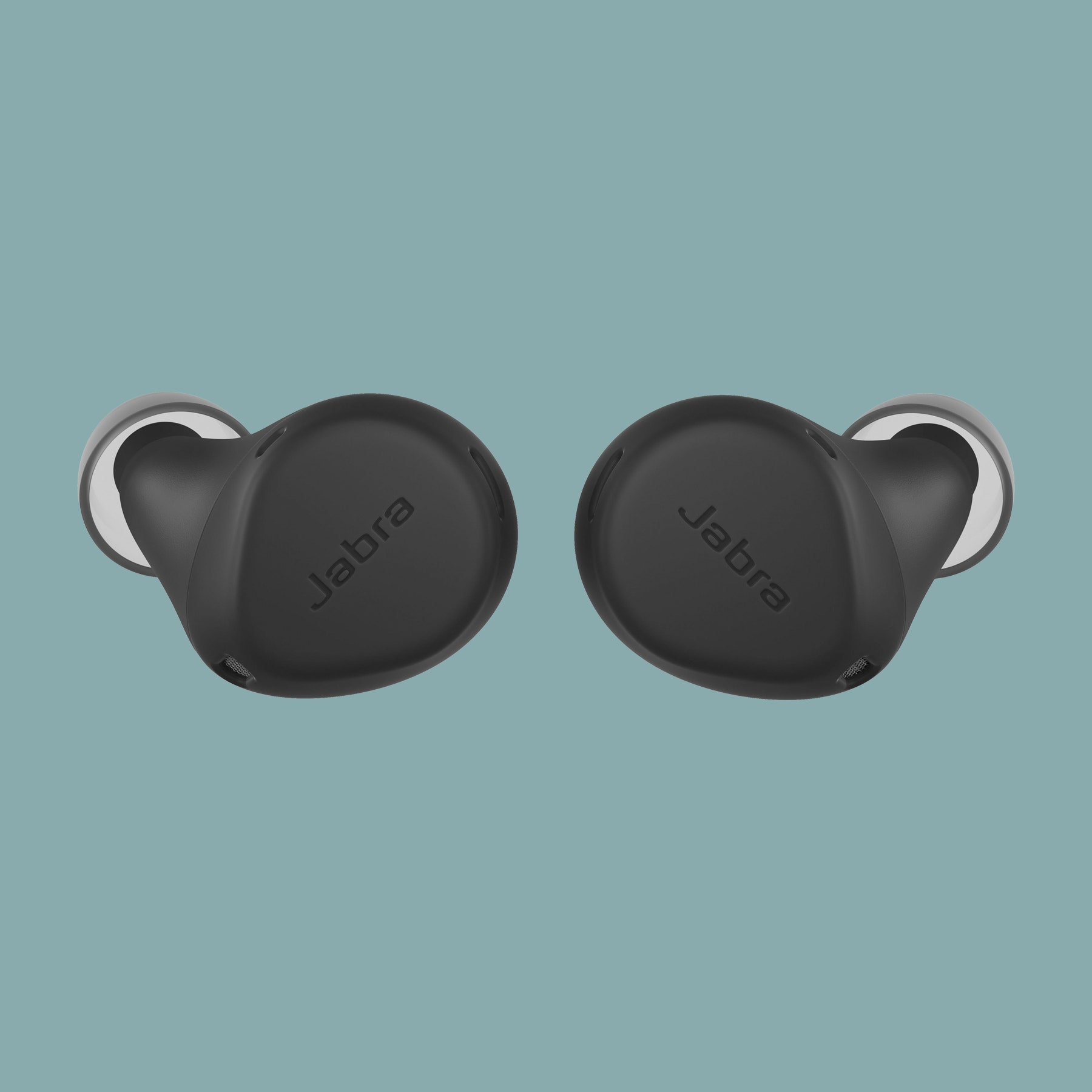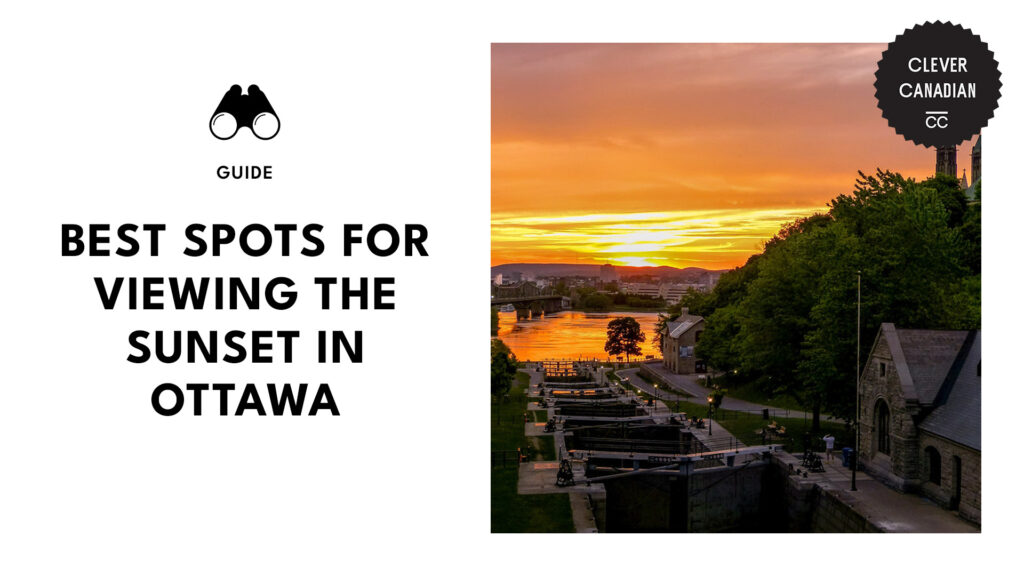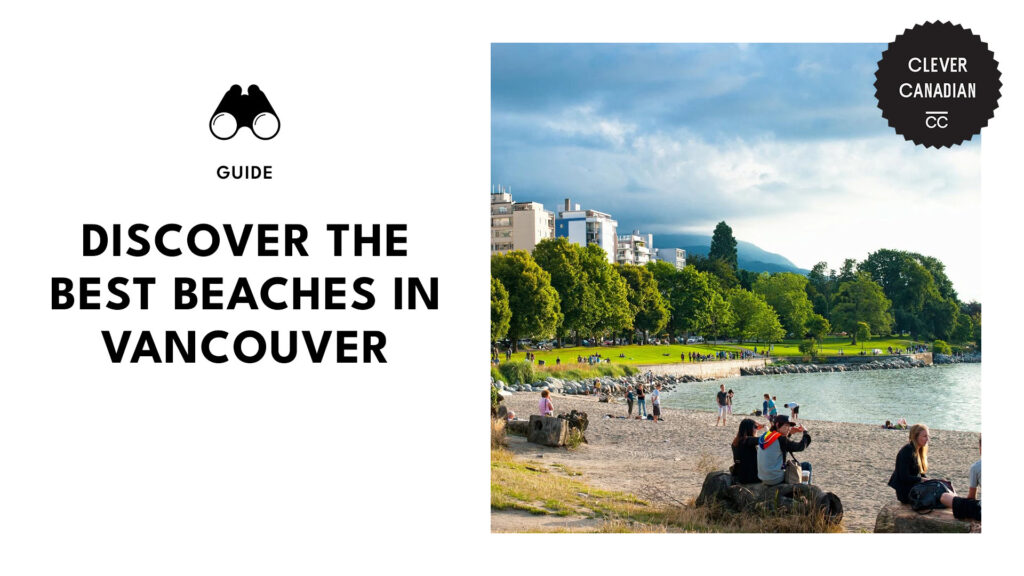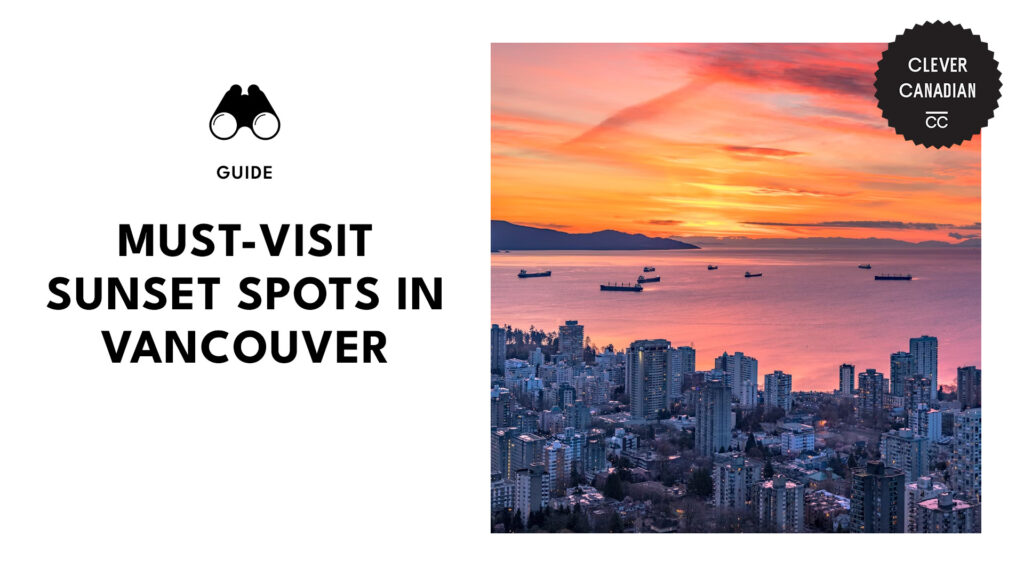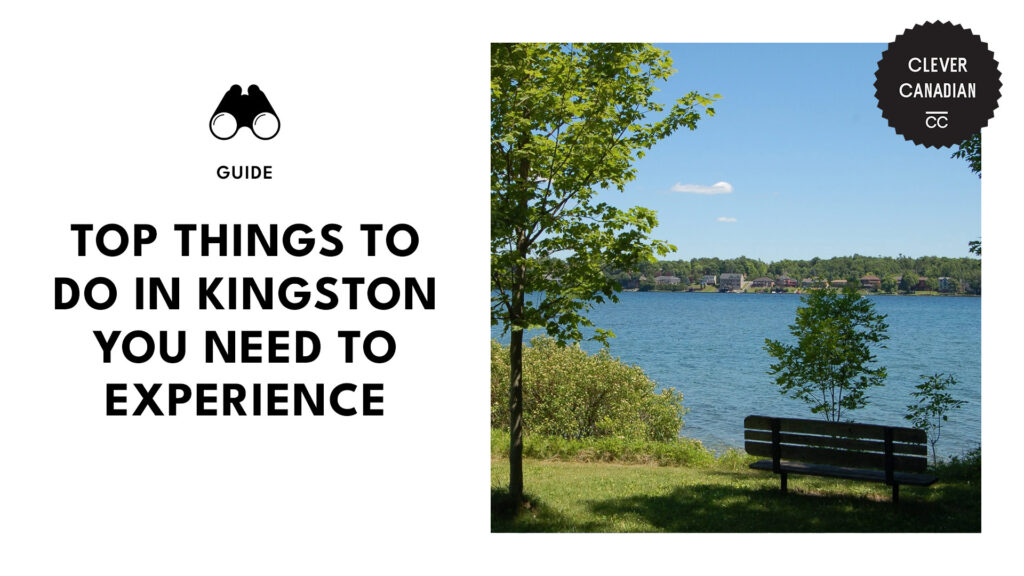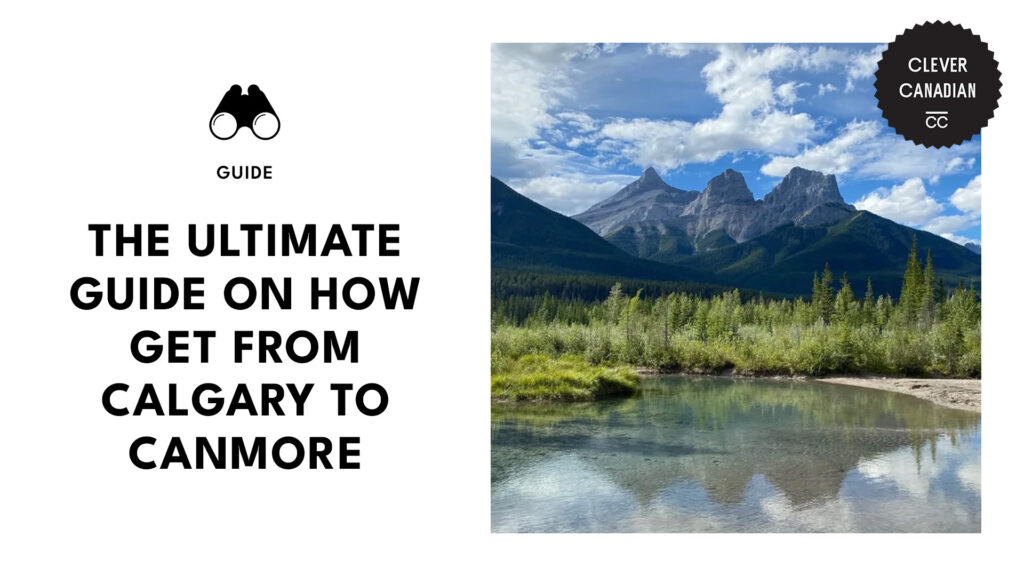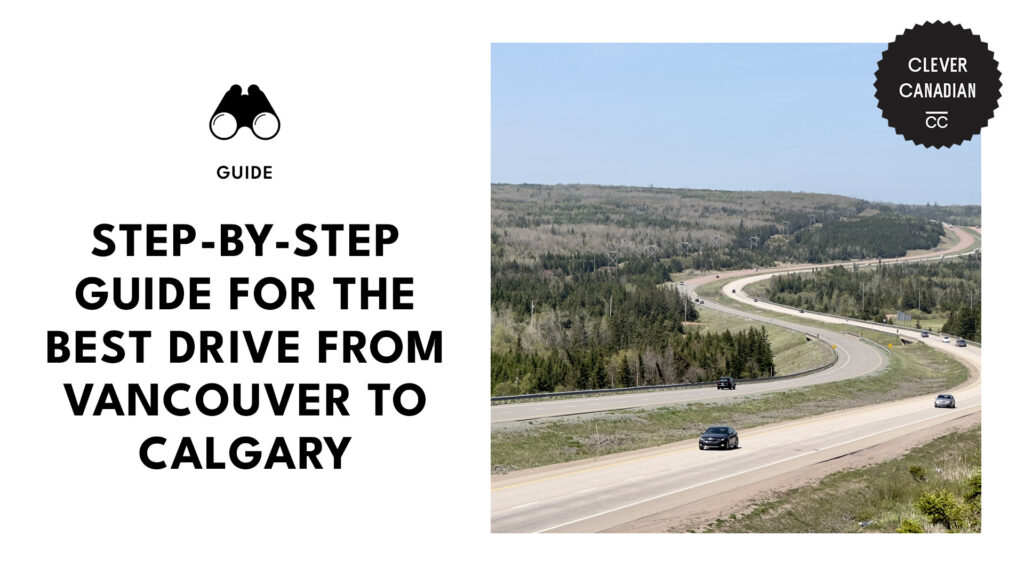Categories > Guides and Tips
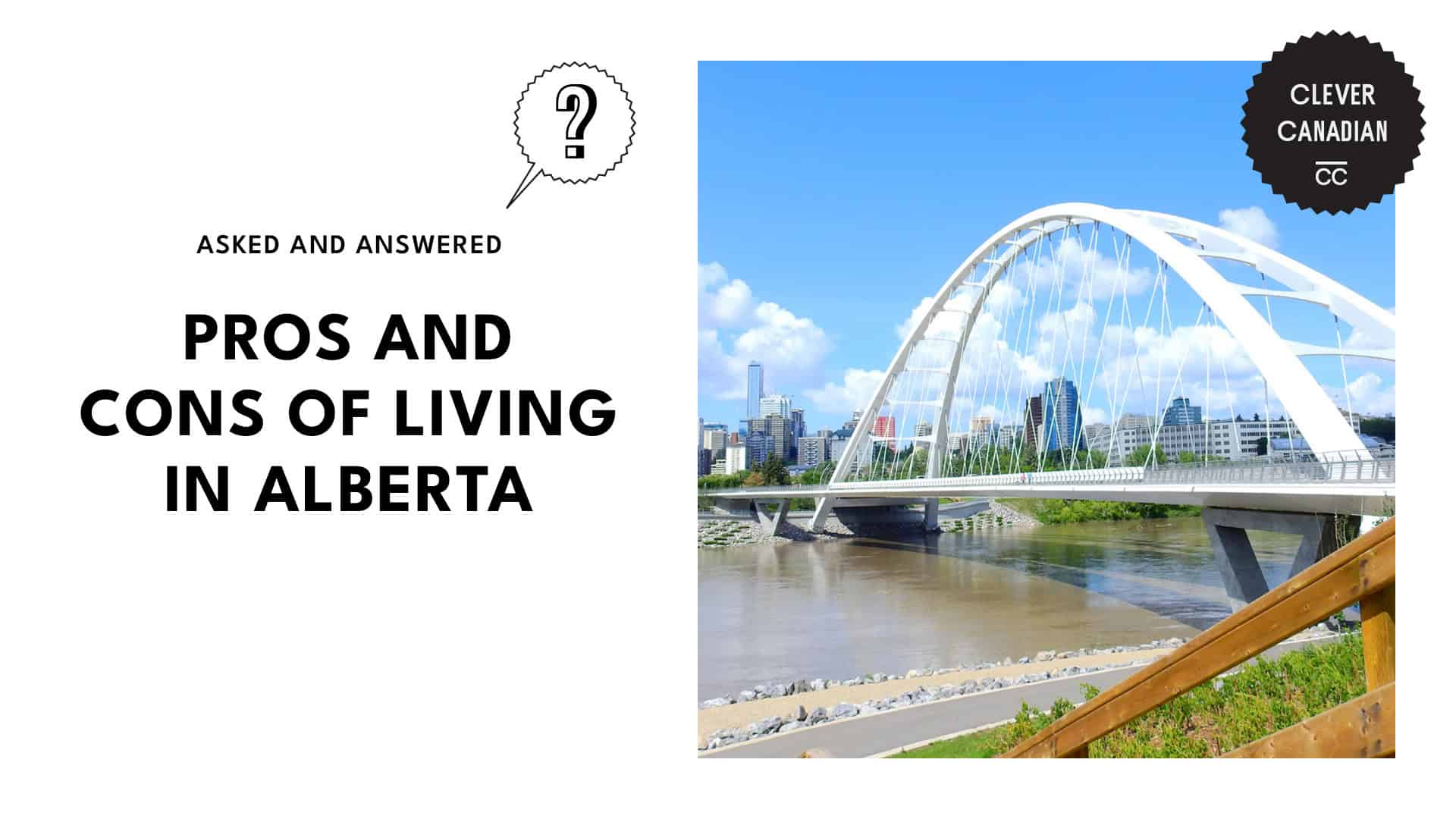
Pros and Cons of Living in Alberta
- The Good Side of Living in Montreal
- Alberta has affordable housing and rent prices.
- Alberta boasts a good quality education.
- Alberta's has a strong job market and high salaries.
- Alberta has friendly and welcoming residents.
- Alberta has no Provincial Sales Tax.
- Alberta boasts its natural beauty.
- The Ugly Sides of Living in Montreal
- Winters are long and cold in Alberta.
- Damaged roads are common in Alberta.
- Alberta's crime rate is significantly high.
- There's not much nightlife.
- Is Alberta a good place to live? Here’s our verdict!
- FAQs about Moving to Alberta?
In the wild, wild west lies a piece of land that has made its way into the hearts of many: Alberta. A province that is known for its stunning mountains, majestic grasslands and crystal clear lakes, Alberta is considered as one of the most beautiful places in Canada.
However, to be an Albertan is not always sunshine and rainbows. Moving to Alberta comes with a host of pros and cons that you need to consider before making the move so you can make the right decision and see if it benefits you.
In general, moving to Alberta is worth it because it has a robust economy, driven by its rich natural resources, particularly oil and gas. This economic strength provides ample job opportunities and a high standard of living for residents.
Alberta also has one of the lowest tax rates in Canada, with no provincial sales tax and a comparatively low personal income tax rate.
In the later part, we’ll take a closer look at the pros and cons of relocating to Alberta, so get your glasses ready for some serious research!
The Good Side of Living in Montreal
Montreal, the largest city in Quebec, is known for its vibrant culture, diverse population, and rich history. Here are some of the positive aspects of living in Montreal:
Alberta has affordable housing and rent prices.

| 2022 Average Rent Prices in Alberta | |
| Category | Rate |
| Bachelors Apartment | CAD 915 |
| 1 Bedroom Apartment | CAD 1,113 |
| 2 Bedrooms Apartment | CAD 1,309 |
| 3 Bedrooms Apartment | CAD 1,442 |
| 2023 Average Housing Prices in Alberta | |
| Category | Rate |
| Single-family (Detached) | $614,018 |
| Semi-Detached | $453,172 |
| Condominium | $269,908 |
| Townhouse | $328,632 |
If your budget is the boss of you, then Alberta might be the perfect fit. The average rent for a one-bedroom apartment in Alberta is around $1000 CAD per month—that’s a lot cheaper than other provinces like Ontario or B.C.
Plus, if you’re looking for something to buy, Alberta is known for having really affordable real estate prices and low carrying costs, which means less worry for you!
But wait, there’s more! In Alberta, there’s no provincial sales tax, so whatever you buy won’t have extra added on when you check out—which means more cash in your pocket for your other needs.
So when life gets expensive, head to Alberta and save yourself some money with affordable housing and rent prices.
Alberta boasts a good quality education.

Alberta boasts a good quality education system, with a strong emphasis on providing students with the skills and knowledge they need for their future careers and personal growth.
The province offers a diverse range of educational programs, from kindergarten to post-secondary institutions, ensuring that students have access to the resources and opportunities they need to succeed.
In addition to a comprehensive curriculum, Alberta’s education system also emphasizes the importance of inclusivity and diversity. This creates an environment where students from different backgrounds and cultures can learn and grow together.
This commitment to providing a high-quality education for all students has helped to make Alberta one of the top-performing provinces in Canada when it comes to educational outcomes.
Alberta’s has a strong job market and high salaries.

If the economy is your thing, then Alberta is definitely worth the move. Think of it as the Fort Knox of Canada: Calgary and Edmonton are both big cities with an impressive job market and salaries that make you want to cry happy tears of joy.
According to Statistics Canada, Alberta’s unemployment rate stands at a hearty 7 percent (and recent estimates suggest 5 percent). Plus, salaries in Alberta tend to be higher than in most other provinces due to the province’s strong economy.
It’s like having your cake and eating it too. But there’s a catch: you need to have a job before you can actually earn those high salaries.
So be sure to update your résumé and have an emergency stash of cash ready—that’s all part of being in the Alberta money club!
Here are some of the in-demand jobs in Alberta along with their average salaries.
• Petroleum Engineer
Average salary: CAD 120,000 – 150,000 per year
• Software Developer
Average salary: CAD 75,000 – 110,000 per year
• Registered Nurse
Average salary: CAD 70,000 – 100,000 per year
• Construction Project Manager
Average salary: CAD 80,000 – 130,000 per year
• Power Systems Electrician
Average salary: CAD 60,000 – 90,000 per year
• Financial Analyst
Average salary: CAD 65,000 – 100,000 per year
Alberta has friendly and welcoming residents.

Many people living in Alberta, whether born and raised there or newcomers to the province, often describe the local population as friendly, hospitable, and helpful.
The province has a reputation for its sense of community and neighborliness, where people are often open and welcoming to newcomers.
Albertans are also often known for their willingness to lend a helping hand, engage in conversations, and make newcomers feel included. This welcoming nature can be seen in various aspects of life, from everyday interactions to community events.
However, it’s important to remember that individuals’ experiences can vary, and not everyone will have the same interactions or perceptions. Nonetheless, many people have positive experiences and find the residents of Alberta to be friendly and welcoming.
Alberta has no Provincial Sales Tax.

The lack of Provincial Sales Tax (PST) might just be the clincher when it comes to deciding whether or not to move to Alberta—at least when it comes to your wallet.
As one of the few provinces in Canada that doesn’t have a PST, Albertans enjoy tax-free shopping on almost everything, from groceries, clothing, and furniture to car purchases and big-ticket items.
This means that residents and visitors in Alberta only pay the 5% Goods and Services Tax (GST) levied by the federal government. This makes consumer goods and services generally less expensive compared to other provinces that have both GST and PST.
However, it’s worth noting that the absence of a provincial sales tax in Alberta is not the sole factor to consider when evaluating the overall cost of living. Other factors, such as income tax rates, and property taxes, can also impact personal finances.
| Alberta’s 2023 Income Tax Rates | |
| Taxable Income | Rate |
| $142,292 | 10% |
| $142,292 up to $170,751 | 12% |
| $170,751 up to $227,668 | 13% |
| $227,668 up to $341,502 | 14% |
| Over $341,502 | 15% |
Alberta boasts its natural beauty.

Sometimes, words just don’t do justice to the beauty of Alberta. Whether you’re living in the Rockies or the Prairies, you’re sure to be surrounded by stunning vistas around every corner.
Stare out of your window and take in views that’ll take your breath away—it’s like waking up in a painting every single day.
But what is it that makes Alberta such a special place? It’s all thanks to:
• Spectacular mountains: Canada’s highest peak, Mount Robson, sits right here in Alberta, offering breathtakingly inspiring views like none other.
Plus, the Canadian Rockies provide endless opportunities for skiing, snowboarding, and other winter sports.
• Amazing prairies: you may be surprised to hear that a third of Alberta is made up of parkland and grasslands that stretch as far as the eye can see!
From badlands to marshes and more, get ready to make lots of new animal friends with whom you can take pictures when camping here.
• Glacial lakes: crystal-clear glacial lakes are scattered throughout Alberta for your summer enjoyment! Enjoy swimming, paddling, or just soaking up picturesque sunsets on their shores—essential for your Instagram page!
• Natural forests: from boreal forests to aspen parks and mixedwood parks, there are plenty of nature reserves ripe for exploring all year round in Alberta—you won’t even feel like you’re part of civilization anymore!
• Urban oases: living in an urban area doesn’t mean you have to miss out on nature—Alberta has plenty of green spaces right in its cities! Spend a peaceful weekend afternoon running through one of its many charming parks.
The Ugly Sides of Living in Montreal
While Montreal has many positive aspects, it’s important to consider some of the challenges that come with living in the city. Here are some of the less appealing aspects of living in Montreal:
Winters are long and cold in Alberta.

If you’re considering a move to Alberta, then it’s only fair that you know the truth. Yes, Alberta has a booming economy and a growing job market.
And yes, it even gets more days of sunshine than Florida. But guess what?
It’s also got some fairly extreme winters—winters that can last from October until April. Well, let’s just say that you’ll need more than just a parka and some hot cocoa to get through them!
Luckily, Albertans have dealt with this wintery weather for decades, so they’re well-armed with helpful tips to make dealing with a bone-chilling cold a bit more bearable.
Here are just a few:
• Invest in good winter boots: Because your feet will be taking most of the brunt during those icy months (at least they will be if you want to step outside!).
• Layer up: It can be tough to stay warm when temperatures reach minus twenty (yup, it happens), so layers are essential in order to regulate your body temperature.
• Make sure your car is winterized: This one is especially important if you plan on doing any remote driving—frozen batteries and dead engines won’t do anyone any favors here!
• Stay indoors when possible: If you can avoid braving the cold at all costs, do so! There are plenty of cozy spots in Alberta where you can relax without having to worry about frostbite or windburn.
Damaged roads are common in Alberta.

If you’re considering a move to Alberta, you might want to factor in the fact that it isn’t immune to the elements. Winter roads can get pretty icy and bumpy, and summer weather can cause major damage—road cracks, potholes, and even sinkholes.
But what’s behind all this chaos? Well, Alberta is no stranger to extreme temperatures.
You see, as temperatures fluctuate (both up and down), ground materials shrink and expand in different ways. That’s why the roads that absorb all this expansion are more prone to cracking.
But thankfully, you don’t have to worry about losing your wheels just yet. Alberta has made it a priority to maintain the roads so they don’t do too much damage.
Here are some of the safety measures taken by Alberta:
- Utilized better materials that could last longer.
- Scheduled regular pavement maintenance.
- Rapid repair of street defects.
- Ensured proper drainage for water runoff.
- Replacing infrastructure where necessary.
- Having an emergency response team ready for problems.
Ultimately these measures will help keep your wheels intact, so don’t discount them when choosing Alberta as your destination!
Alberta’s crime rate is significantly high.

| 2021 Crime Rate Index in Alberta | |
| Category | Rate |
| Crime severity index | 101.36 |
| Violent crime severity | 112.41 |
| Youth crime severity | 36.59 |
It’s probably no surprise that Alberta has always had a reputation for being one of the safest places in Canada. But the truth is, Alberta’s crime rate has been increasing in recent years, which might make you think twice about moving there.
From 2015 to 2019, Alberta’s crime rate grew by 11% and continues to remain one of the highest in Canada. While this may be concerning for some, it’s worth noting that the majority of these crimes are still property crimes—like theft or vandalism.
That said, if you’re planning to move to Alberta, it pays to be aware of your surroundings and take extra safety measures. You can do this by locking doors and windows at night, installing alarms or security cameras, and getting insurance coverage for your property.
It’s also a good idea to be familiar with neighborhood watch programs in your community so you can stay informed on local crime trends.
There’s not much nightlife.

If nightlife is something that you simply can’t live without, then Alberta may not be the place for you. Sure, there are pubs, bars, and some clubs here and there, but nothing on the level of big cities like Toronto or Vancouver.
But if you’re looking to have a chill time with friends or family (or just take some time out for yourself), there are plenty of things to do outdoors, like exploring nature in its many forms or simply catching up on some much-needed R&R.
Whether it’s taking a leisurely stroll through any one of Alberta’s beautiful parks or venturing off into the Rocky Mountains with your hiking boots on, you’ll be hard-pressed if you can’t find something to do here.
Is Alberta a good place to live? Here’s our verdict!

Alberta is worth living in as it offers a unique blend of natural beauty, a strong economy, affordable housing, and a high quality of life.
With friendly and welcoming residents, a diverse range of educational opportunities, and a thriving job market, it’s easy to see why many people are drawn to this beautiful Canadian province.
On top of that, the absence of a provincial sales tax and the generally lower cost of living compared to other provinces make Alberta an attractive option for those looking to relocate.
However, while Alberta has its fair share of challenges, it’s important to weigh these against the many positive aspects of living in the province.
The cold winters, damaged roads, high crime rate, and limited nightlife may be off-putting to some, but with the right mindset and preparedness, many residents find ways to adapt and thrive in this unique and beautiful region.
